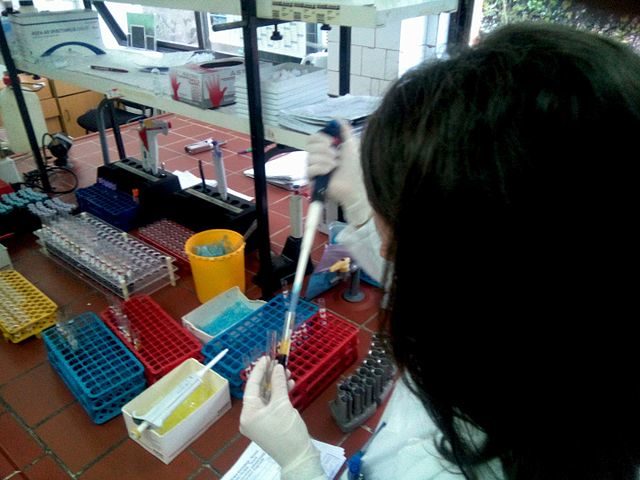The World Customs Organization (WCO) announced that it has updated the “Customs Laboratory Guide” (CLG), a practical handbook for establishing and improving customs laboratories.
WCO said the update involves adding information on regional customs laboratories (RCLs), which play a vital role in enhancing regional capabilities by providing information and training.
“New Appendix V adds contact information for the Regional Customs Laboratories (RCLs) and links to relevant information,” it said.
Appendix V also contains the “Procedures and Requirements for Establishing a Regional Customs Laboratory,” recently approved by the HS Committee (at the 61st Session in March 2018). This is intended to assist members considering whether they are in a position to join the network of RCLs.
Customs laboratories are a very important instrument for customs authorities and, in general, for national administrations, said WCO.
Their traditional work involves chemical analysis to determine tariff classification and the level of duties and other taxes. But their role has evolved over time with changes in trade patterns and technical evolution.
Today, modern customs laboratories play an important part in environmental protection (e.g., controlling the trade of ozone-depleting substances), endangered species protection, and control of dangerous goods such as pesticides, persistent organic pollutants, chemical weapons, as well as narcotics and drug precursors, etc.
In order to assist its members improve or implement an efficient customs laboratory, the WCO developed the “Customs Laboratory Guide,” which includes “best practices” covering a variety of laboratory operations.
The updated guide, including the new Appendix V, is now available, in English and French, on the WCO members website.
Photo: Делфина









